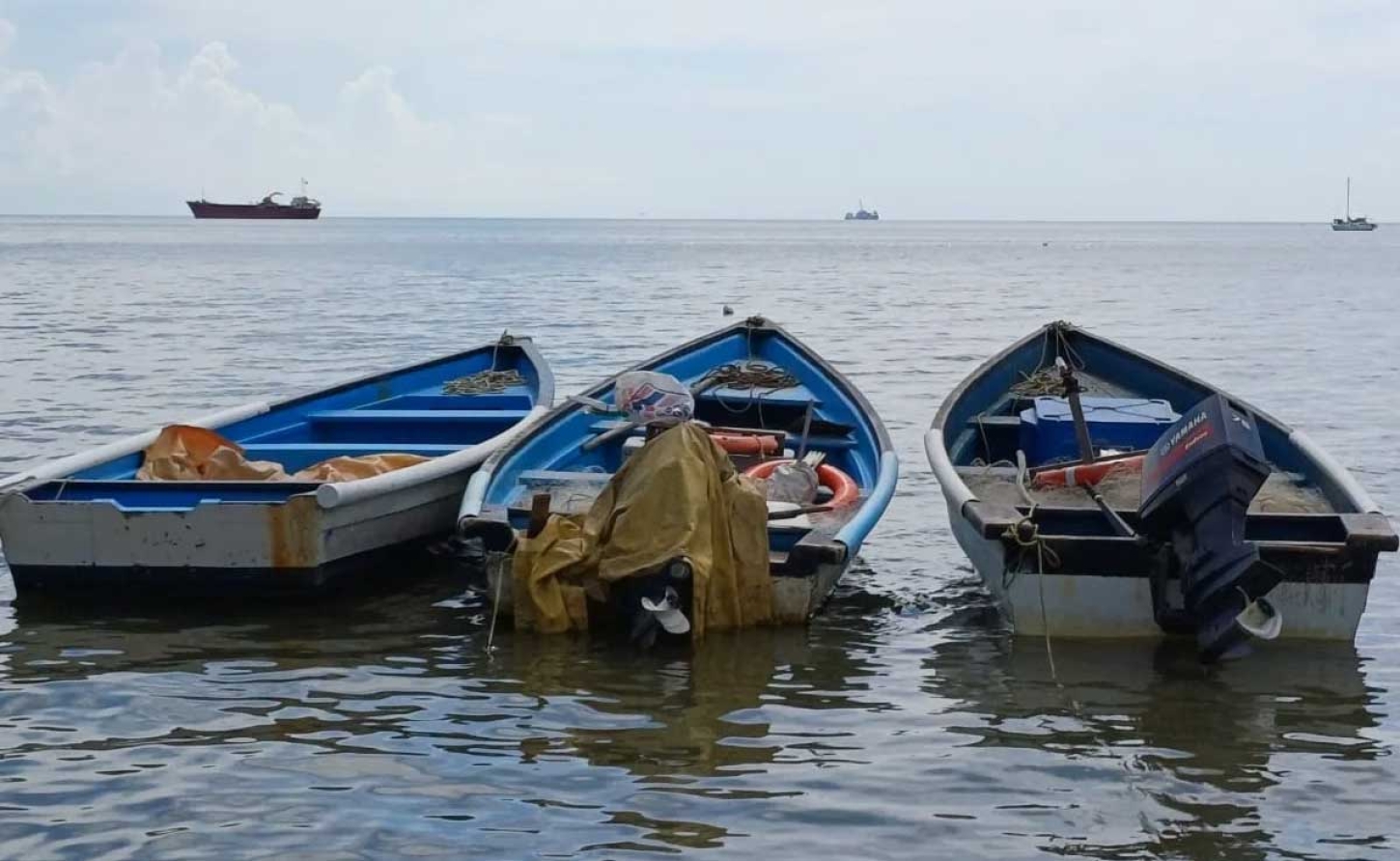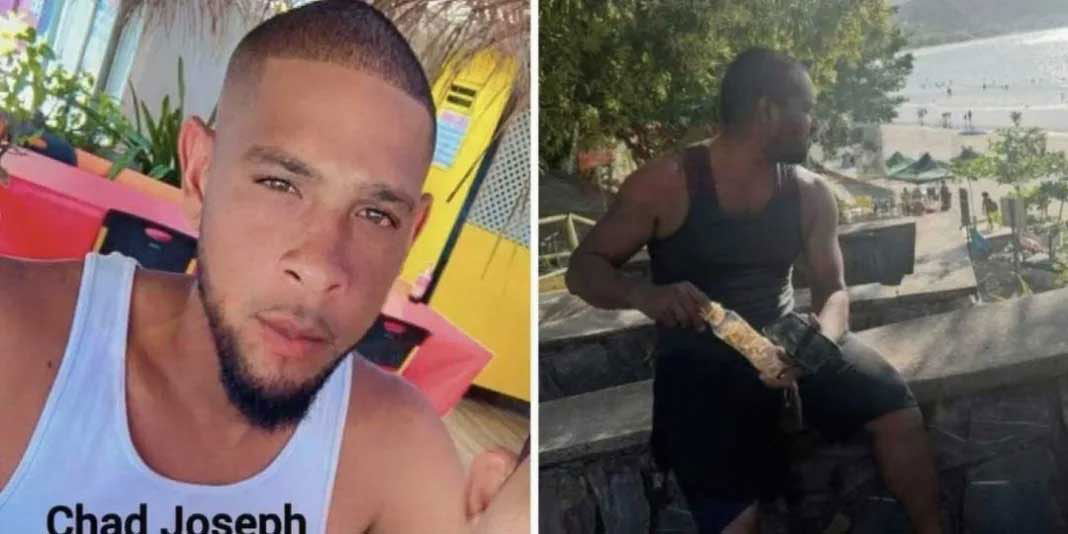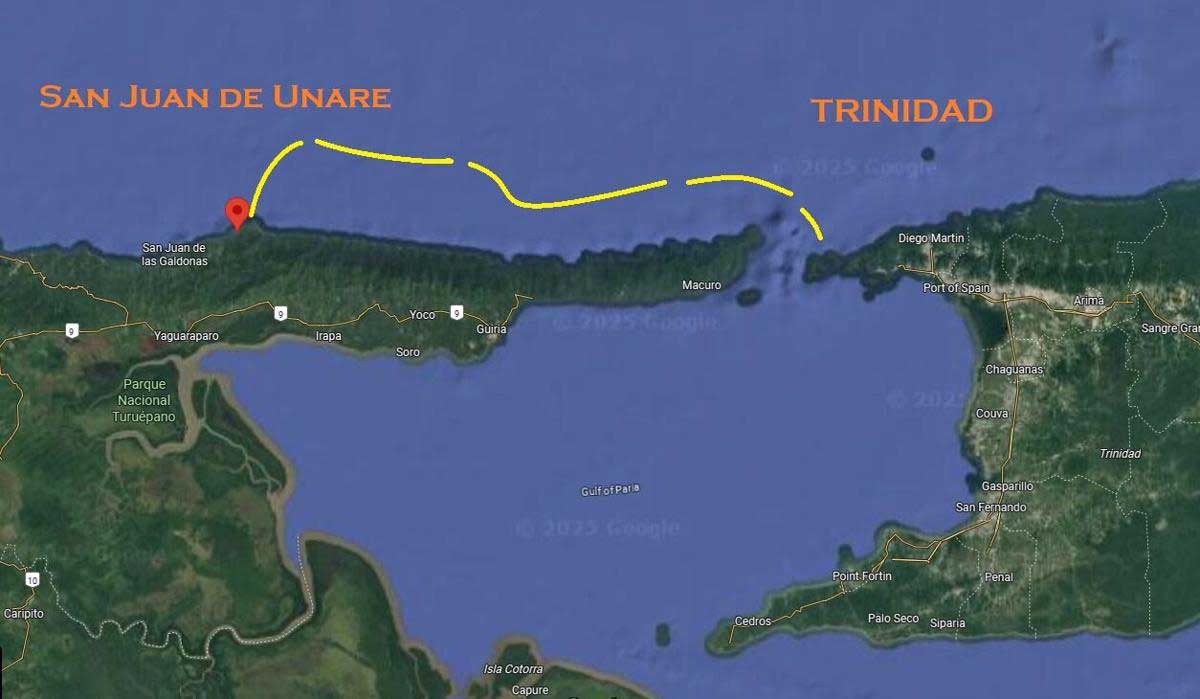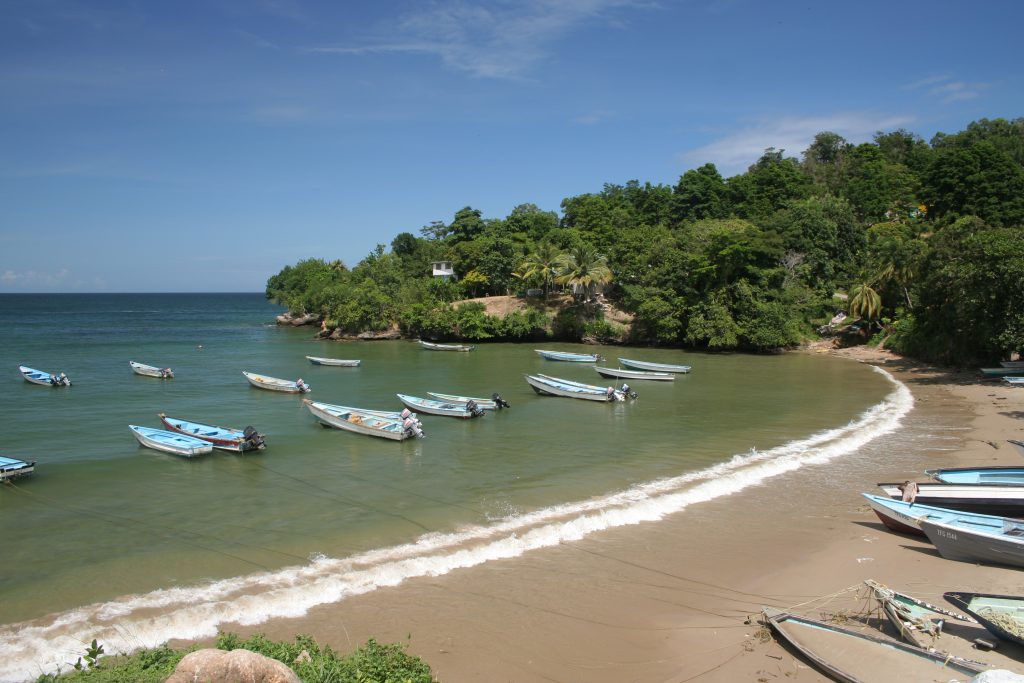CARICOM | Two Trinidadians Dead Amidst Trump's Latest Caribbean Sea Boat Strike

KINGSTON, Jamaica, October 16, 2025 - Two Trinidadians—28-year-old Chad Joseph from Las Cuevas and a man identified Rishi Samaroo from South Trinidad—are dead following the latest US missile strike on a vessel in Caribbean waters.
The Tuesday attack marks the fifth such "lethal kinetic strike" in as many weeks, bringing the total death toll from American military operations off Venezuela's coast to 27 people.
While US President Donald Trump has characterized all victims as "narco-terrorists" and drug traffickers, families of the dead tell a starkly different story. Joseph's grandfather, Cornell Clement, didn't mince words when describing the US methodology: "wickedness."
For fishermen and ordinary people across the Caribbean, the waters that have sustained their livelihoods for generations have become killing fields where American firepower reigns supreme and questions of evidence, due process, or even basic humanity seem irrelevant.
Chad Joseph's grandmother, Christine, painted a picture of desperation, not criminality. Her grandson had been in Venezuela for three months and was desperately trying to return home. His attempts to leave had already turned deadly once before.
"The first time he was coming up, they shot up the boat and he ended up surviving," she told reporters, her voice breaking with the weight of a grandmother who knew her grandson had cheated death once, only to meet it on a second attempt.

Fishing necessitates reliable boats equipped with powerful engines—the very characteristics that US authorities now apparently consider evidence of drug trafficking. A 12-meter speedboat with four 200-horsepower engines, like the one destroyed in a previous strike, is not the vessel of criminals but of working men trying to meet market demands in an unforgiving sea.
Joseph's final journey began somewhere along the Colombian coast. According to relatives who spoke with Caribbean Communications Network, he and five others—including Samaroo and four Venezuelan nationals—had been shot at multiple times as they traveled along the coastline before their vessel ran aground near Carupano, Venezuela.
After waiting several hours, they ventured toward Trinidad, reportedly planning to meet another boat in Trinidadian waters. They never made it. When they entered what they believed to be international waters, American missiles found them first.
Five strikes in five weeks. Twenty-seven people dead. And not a single gram of narcotics ever presented as evidence.
President Trump has repeatedly claimed that "massive amounts of drugs" were aboard these vessels, destined to "kill a lot of people" in the United States. Secretary of State Marco Rubio added that drugs on the Tuesday vessel were "likely heading to Trinidad or another Caribbean Country."
Yet for all the dramatic footage of boats engulfed in flames—imagery the White House eagerly released—there has been a conspicuous absence of the one thing that would justify such extreme measures: proof.
Traditional drug interdiction involves pursuit, interception, arrest, and prosecution. It involves Coast Guard cutters pulling alongside suspect vessels, boarding them, seizing contraband, and bringing traffickers to face trial.
When asked why the military didn't intercept the vessel and capture the men aboard, Trump's response revealed the hollowness of his "law and order" rhetoric: "There were massive amounts of drugs coming into our country to kill a lot of people, and everybody fully understands that…Obviously, they won't be doing it again. And I think a lot of other people won't be doing it again. When they watch that tape, they're going to say, 'Let's not do this.'"
This is not justice. This is summary execution masquerading as drug policy—a shoot-first approach that has turned international waters into an extrajudicial killing zone where the burden of proof is replaced by the certainty of missiles.
 The grief extends far beyond Trinidad's shores. In San Juan de Unare, a small coastal fishing town in Venezuela's Sucre state—just 65 miles from Trinidad's northern coast—eleven families are mourning fathers, brothers, and sons killed in a previous US strike.
The grief extends far beyond Trinidad's shores. In San Juan de Unare, a small coastal fishing town in Venezuela's Sucre state—just 65 miles from Trinidad's northern coast—eleven families are mourning fathers, brothers, and sons killed in a previous US strike.
Venezuelan independent media outlet El Pitazo reported that eight of the men were natives of the area, three from neighboring towns. All were fishermen.
The American military buildup tells the story of overwhelming force deployed against what the US characterizes as criminal vessels. According to Newsweek, at least eight warships, including Arleigh Burke-class guided-missile destroyers, a Wasp-class amphibious assault ship, and a Los Angeles-class nuclear-powered submarine now patrol the eastern Caribbean.
The USS Gravely was last positioned just north of Puerto Cabello in Venezuela—a stone's throw from waters that Caribbean fishermen have navigated for centuries.
Now those waters are kill zones. Fishermen across the region report a chilling new reality: the routes they must take to reach productive fishing grounds, the powerful engines they need to get there and return safely, the very tools of their trade have become death sentences.
International waters, once governed by maritime law and mutual respect among nations, now offer no protection from American missiles. Going to sea—the livelihood that has sustained Caribbean communities since time immemorial—has become an act of potentially fatal courage.
Prime Minister Kamla Persad-Bissessar's words are now haunting her political career. "Kill them all violently," she said of drug traffickers weeks ago, praising the US military presence in the Caribbean as necessary to combat what she characterized as massive spikes in transnational crime.
At the time, no Trinidadian citizens were reported among the dead. The statement was reckless then; it is politically catastrophic now.

The government's response has been telling in its inadequacy. Acting Commissioner of Police Junior Benjamin admitted that police were "unaware" of the Trinidadian connection until Joseph's family spoke with the media on October 16. Officers were only then dispatched to visit the families and "do some inquiries."
The reverberations of these killings are being felt across the Caribbean. In Jamaica and other CARICOM member states, members of the fishing industry are calling on their governments to engage in fullsome discussions with the United States to clear up what one Jamaican fisherman described as "this grand mess."
The calls represent more than mere diplomatic nicety—they are demands for survival, for clarity on whether Caribbean people can still safely pursue their livelihoods in their own regional waters.
For generations, Caribbean fishermen have ventured into international waters, equipped with the powerful boats and engines necessary to reach the grounds where marketable fish swim and where the tourism industry's demands can be met.
Now those same fishermen cast worried glances at the horizon, wondering if today's fishing expedition might be their last. The sound of powerful engines—once the reassuring hum of reliable equipment—now carries the risk of being mistaken for something sinister by distant warships with missiles at the ready.
Twenty-seven people are dead. Not one iota of drug evidence has been presented. Families across Trinidad, Venezuela, and potentially other Caribbean nations are left to mourn loved ones branded as criminals without trial, without defense, without mercy.
Until CARICOM governments demand answers and the United States provides them, every fisherman who leaves port carries the weight of knowing that the greatest danger they face may not be the sea, but the supposed guardians patrolling it.
-30-

 En
En  Ar
Ar